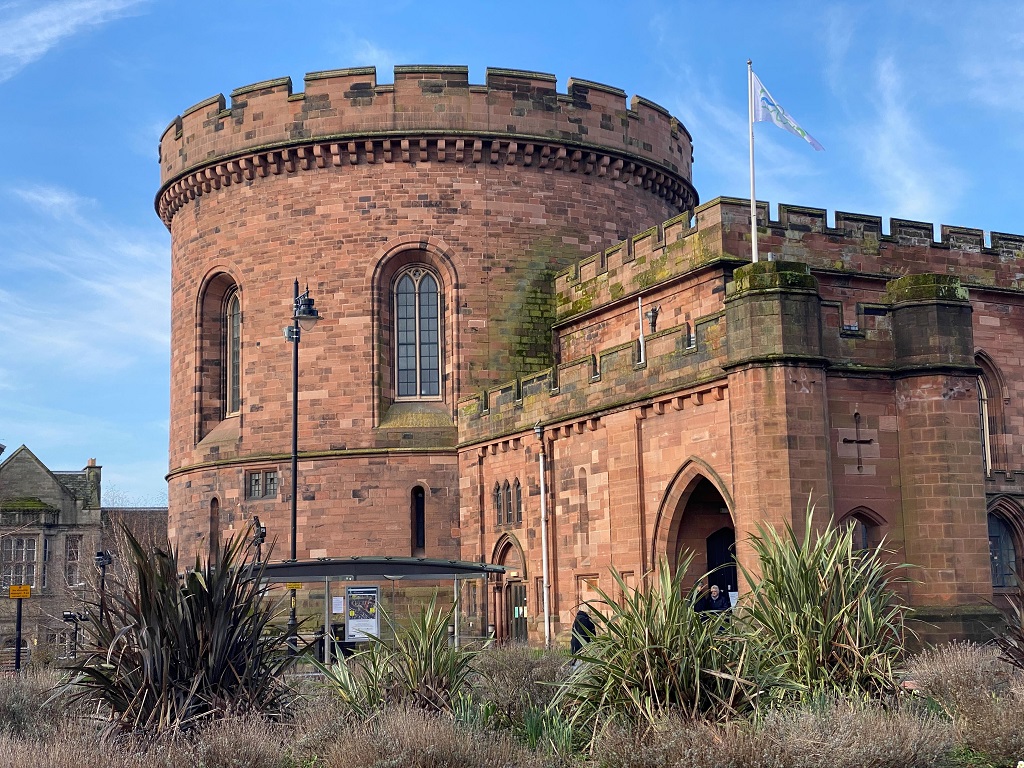GM councils clinch funding for renewable projects
Manchester, Rochdale, Salford, Stockport and Wigan are embarking on a three-year, £17.2m programme to bring forward underused local authority-owned sites for renewable energy schemes.
The 10 schemes planned under the initiative include the development of solar farms at Chamber House farm in Rochdale and Kenyon Way in Salford, three rooftop solar schemes in Stockport, and a rooftop solar scheme at Makerfield Way in Wigan.
Other projects will seek to deliver hydro-electric power generation, battery storage, and electric vehicle charging schemes, as well smart energy management systems.
The programme, called Unlocking Clean Energy in Greater Manchester, is being led by national renewables accelerator the Energy Systems Catapult, and the five Greater Manchester councils that have declared a “climate emergency”.
The £17.2m initiative is being part-funded with £8.6m from the European Regional Development Fund under a new deal. The rest will be provided by the local authorities.
The aim of the 10 renewable energy projects that will be delivered under the scheme is to create a blueprint for achieving net-zero carbon emissions, which can be replicated in other regions across the UK.
The scheme is expected to help Manchester, Rochdale, Salford, Stockport and Wigan councils to generate combined annual carbon savings of 3,134 tonnes, contributing to the Greater Manchester Combined Authority’s target of becoming carbon neutral by 2038.
For example, the planned solar farm at Chamber House is expected to generate 4,500 megawatt hours of electricity per year, which is enough energy to power 1,250 homes, according to Rochdale Council.
Richard Halsey, capabilities director at Energy Systems Catapult, said: “This project…will deliver new renewable energy generation on underutilised public land.
“It will incorporate energy storage and electric vehicle charging using digital systems to better align variable renewable generation to meet future local energy demands.
“Finally, it will develop innovative business models that can unlock private sector investment and grow local businesses.”
Cllr Angeliki Stogia, executive member for environment, planning and transport at Manchester City Council, added: “Manchester has been bold in setting out its vision to become a carbon neutral city by 2038. This is not an easy target, but we feel it is the right one, not only for our residents, but for the long-term prosperity of Greater Manchester.”
Greater Manchester also began work this week to progress plans to create a combined local energy market for the 10 boroughs. The proposals would seek to revolutionise energy networks across the city-region through the shared generation and storage of more energy locally.
Meanwhile, an Energy Innovation Agency is to be established between three Greater Manchester universities, as well as local government and industry, with the aim of kickstarting a decade of clean energy innovation to meet the 2038 carbon neutral target, it was announced this week.




